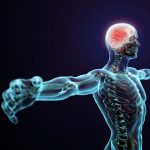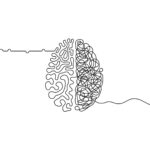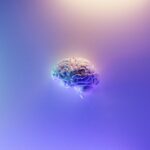
Emiliana Tonini summarises a recent Chinese study, which suggests that combining MRI scan and behavioural assessments data may increase the accuracy of diagnosing bipolar disorder in adolescents.
[read the full story...]
Emiliana Tonini summarises a recent Chinese study, which suggests that combining MRI scan and behavioural assessments data may increase the accuracy of diagnosing bipolar disorder in adolescents.
[read the full story...]
Athina Aruldass finds that management of serious neuropsychiatric disorders should acknowledge the importance of poor physical health and target restoration of both brain and body function.
[read the full story...]
Joe Pierre considers a systematic review and meta-analysis on the prevalence of neuroimaging abnormalities in first-episode psychosis and the clinical relevance for service users presenting with first-episode psychosis.
[read the full story...]
Millie Lowther, Isabel Luetkenherm, Carlos Mena and Alexandra Pike summarise a recent fMRI meta-analysis, which finds that activation in brain circuits related to salience, interoception and emotional processing were found to predict a positive response to CBT in anxiety disorders.
[read the full story...]
Alexandra Pike, Alexis An Yee Low and Jonathan Roiser critically appraise a recent n-of-1 study on ‘brain pacemakers for depression’, which received extensive press coverage earlier this month. The case study looks at deep brain stimulation (closed-loop neuromodulation) in an individual with treatment-resistant depression.
[read the full story...]
Rachel Symons summarises a recent study, which shows that poor connectivity between brain regions may be an indicator of non-suicidal self-injury in young people.
[read the full story...]
Muzaffer Kaser writes his debut elf blog on a recent study, which looks at evolutionary modifications in human brain connectivity associated with schizophrenia.
[read the full story...]
A group of UCL Mental Health Masters students summarise a recent literature review that explores the potential pathways to ADHD remission.
[read the full story...]
Ben Janaway explores a recent review in JAMA Psychiatry on the emerging clinical neuroscience of Autism Spectrum Disorder.
[read the full story...]
Shubhangi Karmaker on a recent resting-state fMRI study that explores neural network disturbances that underpin the emergence of emotional symptoms in adolescent girls.
[read the full story...]